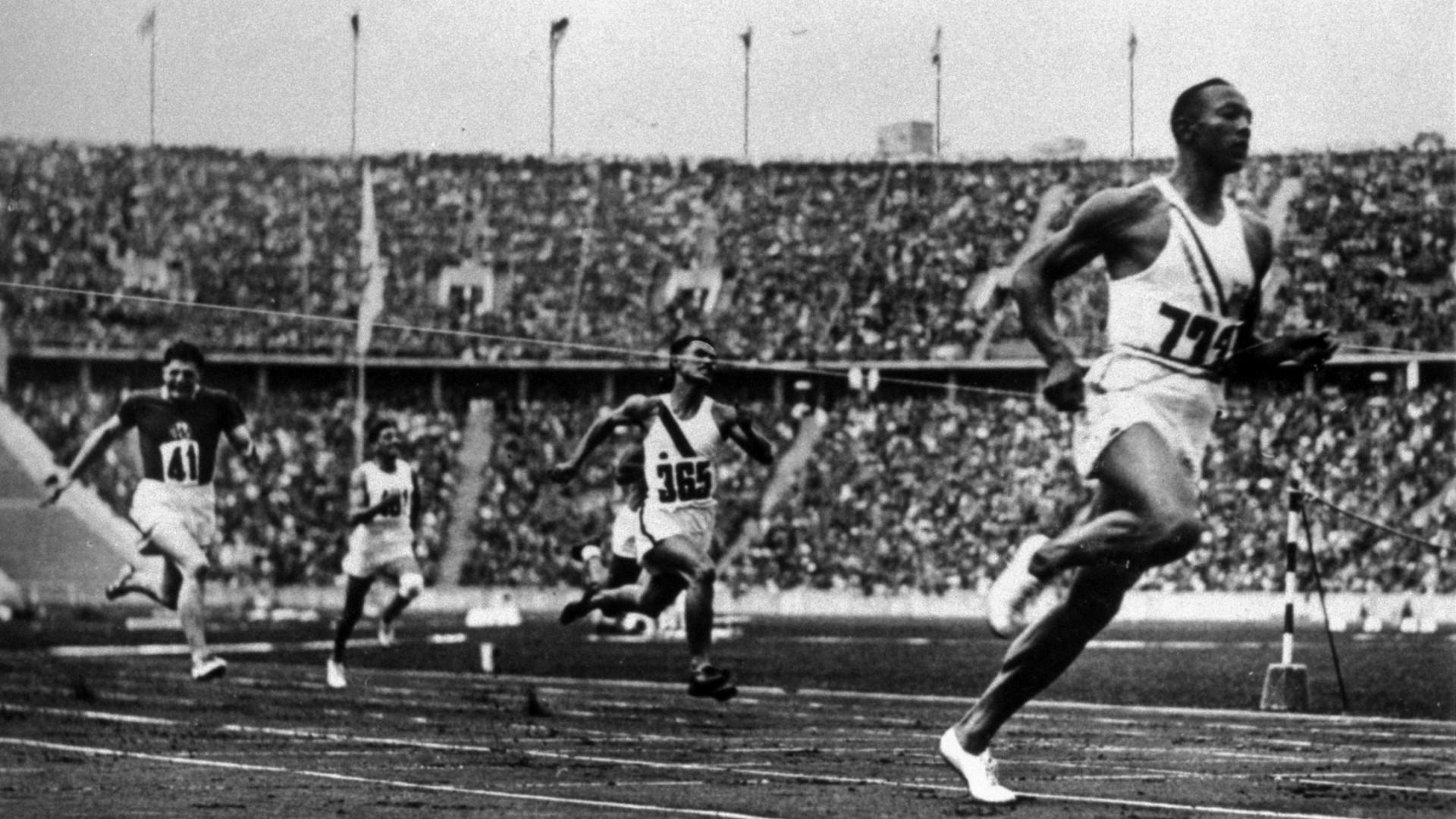Jesse Owens’ historic performance at the 1936 Berlin Olympics stands as one of the most powerful moments in sports history—not only for his athletic prowess but also for its profound cultural and political implications. Competing in Nazi Germany under a regime that championed Aryan supremacy, Owens, an African-American track and field athlete, won four gold medals, dismantling Adolf Hitler’s propaganda on the world stage. His victories in the 100m, 200m, long jump, and 4x100m relay marked a watershed moment in Olympic history and American civil rights awareness.
Owens’ achievement wasn’t merely athletic—it was symbolic. At a time when both Germany and the United States grappled with racial injustice, his grace under pressure and undeniable dominance forced a global audience to reconsider stereotypes and prejudices. The applause he received in Berlin was a striking contrast to the systemic racism he returned to in the U.S., where he was denied proper celebration and recognition. His journey illustrates how sport can challenge political ideologies and social boundaries.
Today, Jesse Owens’ legacy is honored not just through medals or records, but through the values he exemplified: courage, resilience, and dignity. His performance redefined what it meant to be a champion—not just in competition, but in character. For athletes and historians alike, Owens remains a timeless symbol of how sports can become a platform for justice and change.

